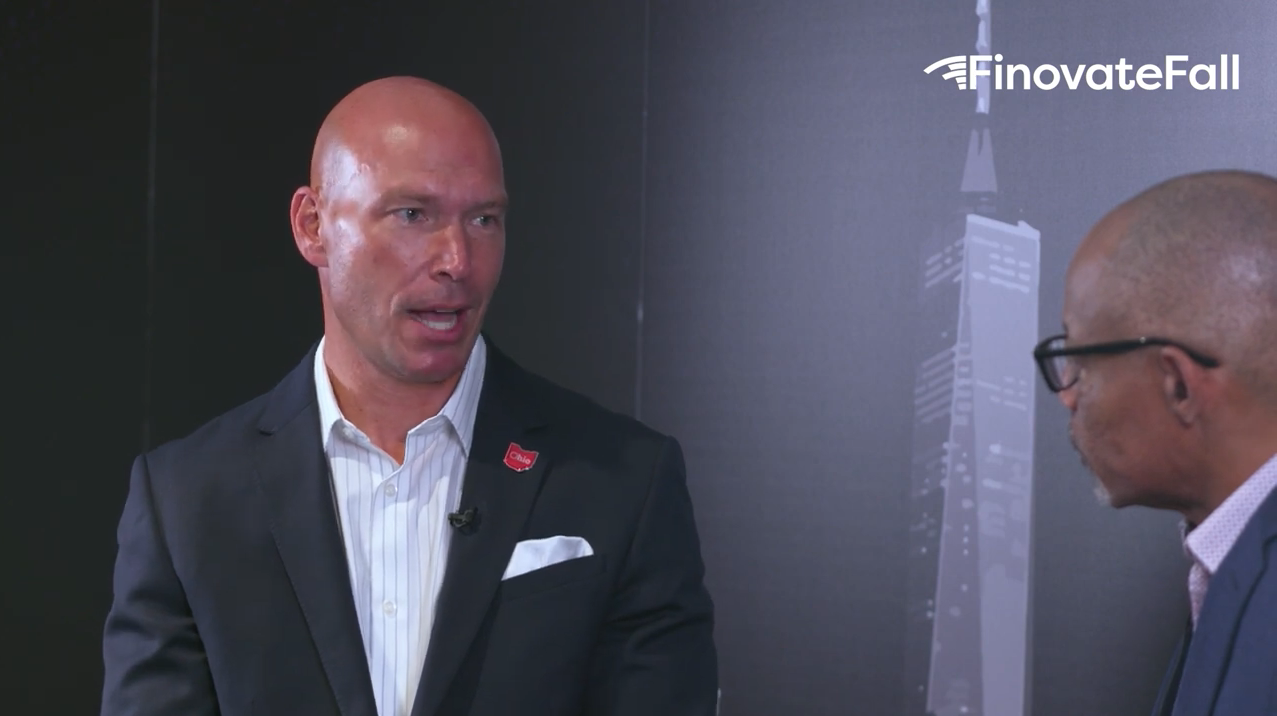
- Digital engagement solution provider Agent IQ has raised $10 million in Series A funding.
- Agent IQ’s technology helps bankers develop more meaningful customer relationships by blending enabling technologies like AI with human talent, expertise, and empathy.
- Agent IQ made its Finovate debut earlier this year at FinovateSpring and returned to the Finovate stage in September for FinovateFall.
In a round led by Mendon Venture Partners and featuring participation from Acronym VC, Sierra Ventures, and FNBO, digital engagement solution provider Agent IQ has raised $10 million in Series A funding. The investment, according to Crunchbase, takes the company’s total capital raised to $18.5 million.
Agent IQ CEO and co-founder Slaven Bilac said that the critical task of developing meaningful customer relationships can be lost in the drive toward the convenience and speed of digitalization. “Agent IQ exists to change this narrative,” Bilac said. He added that the company will “leverage this capital to lead community banking toward an environment where customers derive the same level of personal benefit through the digital channel as they traditionally did through the branch, while enabling banks and CUs to differentiate themselves with personal, seamless, and efficient service.”
Headquartered in San Francisco, California and founded in 2015, Agent IQ offers digital platforms that help their clients enhance customer relationships and customer satisfaction. Agent IQ’s solutions also help companies become more efficient, which leads to greater profitability and lower costs. With an approach that supports augmenting the human banker with technology rather than trying to replace human bankers with technology, Agent IQ effectively blends innovations like AI and machine learning with the critical customer engagement features of human empathy and creativity.
“The company is at the forefront of relationship banking,” Mendon Venture Partners Founding Partner John Clausen said, “helping banks engage customers in ways that they have come to demand.”
Agent IQ’s funding news comes just a few months after the company demoed its Lynq platform at FinovateFall in September. Lynq enables financial services consumer to choose and engage with a personal banker across all digital channels. The technology features configurable, built-in Augmented Intelligence that helps bankers better connect, engage, and support their customers. At the same time, the platform helps them become more efficient by automating typically mundane, manual tasks. Lynq offers video chat, AI-powered real-time insights, and messaging capabilities with the ability to translate real-time to more than 100 languages.
Agent IQ began the year with news that Texas-based Extracto Banks would deploy its Lynq digital assistant and chat service. This made Extracto Banks the first financial institution in Texas to partner with Agent IQ. The institution’s EVP and Chief of Strategic Design Chris Kincaid said that Agent IQ’s technology gave the bank “a transformational approach to meeting our customers where they are.”













